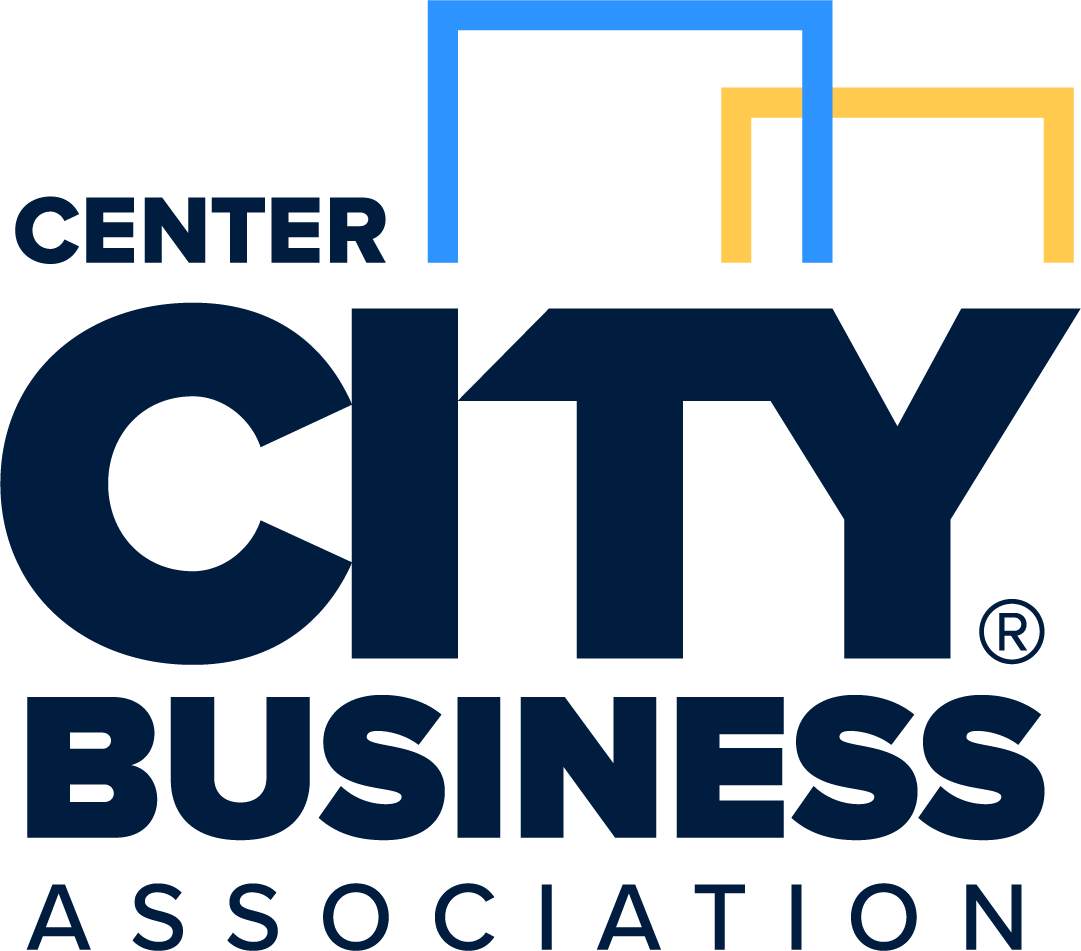A lot of midsize companies also suffer from not know who to promote and how to properly train new managers and leaders. Historically organizations promote high performers to management positions without knowing if they are the best leaders. Most companies cannot offer significant leadership training or tools on how to properly navigate team performance and metric expectations for these new leaders either. Creating a process and investing in your front-line management and leadership team will affect your employee base more than any other component or program you can provide. As you grow and get further from your clients, you lose the control you had over the culture. As you grow and hire more people who are no longer just from your network, your message needs to become clearer.
We help you identify where your money will best be reinvested within your organization. We help your mid-level leaders establish clear goals increasing their confidence and setting clear expectations for your employees. We offer training to help lift the burden from your HR department, working with them to fill the gap. We work alongside your finance team so they feel confident on the investments we recommend. Our goal is to help your company grow and establish processes that will allow you to scale safely for years to come.
Q&A with Sarah:
What are you reading right now (or what is a go-to book you would recommend to others)? Right now, I am reading Think Again by Adam Grant and Leading Inclusion by Gena Cox, PhD. The book I could read again and again is The Hobbit by Tolkien and the book I recommend to my meditation students just starting out are The Untethered Soul by Michael Singer and The Alchemist by Paulo Coelho.
What is your favorite spot in Philly to disappear for some alone time? I love the grounds at the Glen Foerd mansion. The building is open to the public for self-guided tours as are the grounds (check the building hours, though). It is along the river and there are plenty of places to sit, reflect, and plan.
What is your favorite app right now? Probably boring, but Audible and Spotify. I like listening to my books and podcasts on the move.
What is your guilty pleasure TV show? I am not a big TV show person, I like movies that I can finish in one sitting.
What is a non-profit that you support? Other than CCBA? I just started working with Compass Pro Bono, they partner business professionals with other community organizations that need outsourced skills like marketing, finance, or general management. It is a wonderful organization where you can dedicate your time and skills to really make a difference in Philadelphia.
What is your favorite place you have traveled to? Luckily, I've been able to travel extensively and two places I enjoyed in the past year were St. Barts and Costa Rica.
What was your first concert? Boys to Men (I am a born and raised Philadelphian)
What was your first job? I was a lifeguard. I got my certification young at 15 and they held my certification until I was 16 but employed me anyway.
It’s Sunday at 10 AM. Where are you? Making breakfast in my kitchen and probably planning or prepping dinner, too.
If you had an extra hour in the day, what would you do with it? Teach a meditation class, again. I miss building that community.
What’s your favorite or go to meal? My go to meals are definitely comfort foods, because sometimes you just need some love and a hug through food. Meatloaf and mashed potatoes, spaghetti and meatballs, chicken noodle soup, etc.
If you “played hooky” how would you spend your day? At the beach with a book.
If you had to leave your home and could only take 1 item with you, what would it be? Besides the people, I would take a ring. It was the first friendship ring my grandfather ever gave to my grandmother when they were just teenagers.
What is something you’ve always wanted to do but haven’t done yet? I have always wanted to scuba dive in Stuart's Cove with sharks. It is a bucket list item that will eventually happen.
What would people be surprised to learn about you? I played volleyball in college.
What is your best networking tip? I think my best tip is to be authentic. Not everyone is interested in what you are doing or what your business is, but if you are authentic, people will remember you and want to get to know you.
What is the first place you’d recommend to someone that’s never been to our city? The Art Museum and Kelly Drive on the first Sunday between April and October. Specific, but I believe you get a real feeling for what our city is like because the road is closed allowing you to appreciate the scenery and beautiful weather while you walk or bike and you can experience world-class art that is pay what you wish. Almost a free day in the city and it is one of my favorite things to encourage.
The weather says a snowstorm is coming. Besides the basics, what are you headed to the grocery store to make sure you have in case you are stuck home? Everything to make braised short ribs, polenta, and homemade bread.
If you decided to start a different career, what would you do instead of what you are doing now? I think I am where I want to be in my career. I am using my passion for people and my skills in finance and management to improve the lives of employees and the financial performance of mid size companies.
Where did you spend December 31, 1999? With friends at Comedy Sports on Sansom Street. It was always a great place when you were too young to go to a 21+ event and you were too old to hang out with your parents.























































